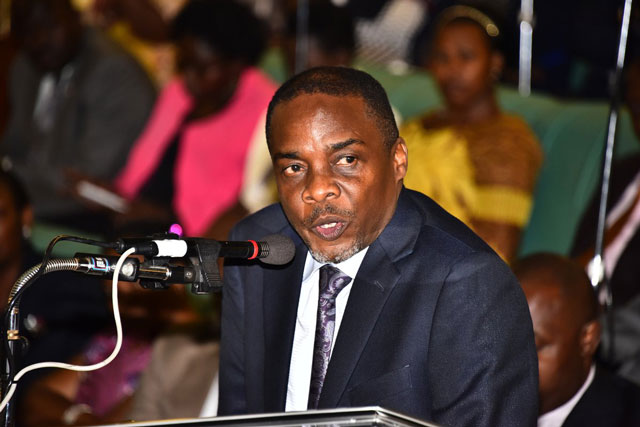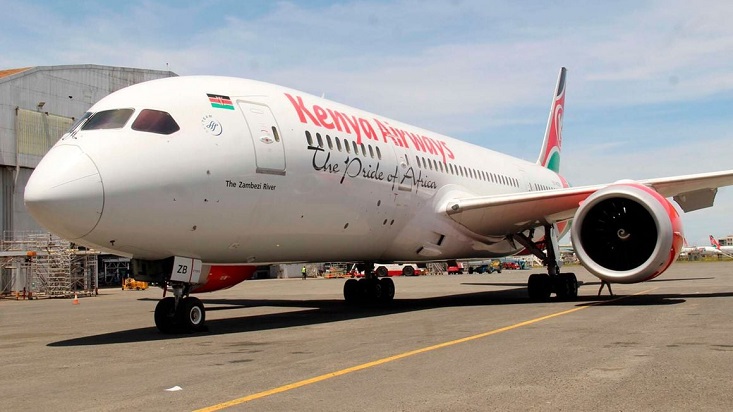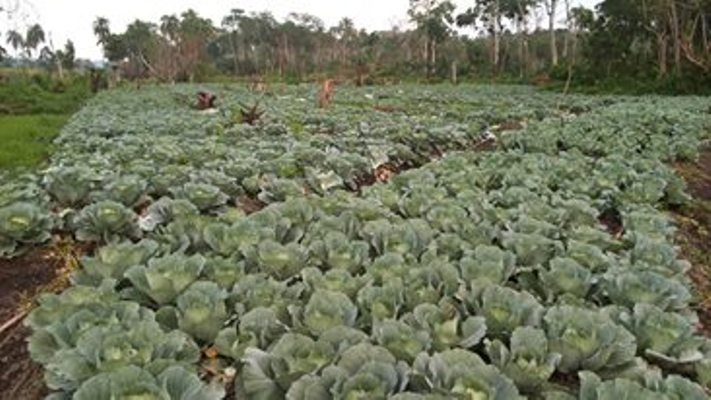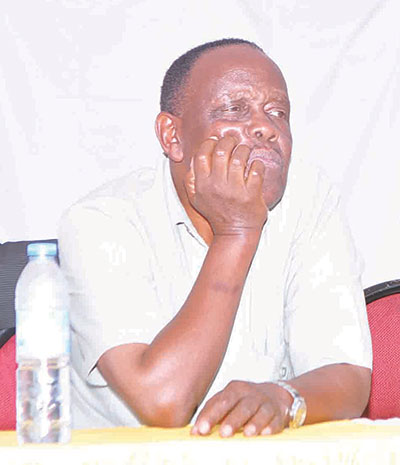The Attorney General, William Byaruhanga last week finally tabled the proposed electoral reforms in fulfillment of Supreme Court recommendations following the election petition filed by former Premier Amama Mbabazi after the 2016 general elections.
The Attorney General tabled a number of proposed amendments in the five bills including; The Presidential Elections (Amendment) Bill, 2019, the Electoral Commission (Amendment) Bill, 2019, the Political Parties and Organisation (Amendment) Bill, 2019, Parliamentary Elections (Amendment) Bill and the Local Government (Amendment) Bill, 2019.
Among the key highlights is the barring of cameras and phones from polling areas, while no Political parties shall not to have any links or alliance with any Pressure groups.
The other proposal is barring any candidate to run as independent of a party after participating in a party primary, while an ex-party member can run as independent at least one year after quitting their parties with written proof from the party.
The Government also wants declaration of results made in the presence of five people and upon election as independent, a member shall be free to enter into alliance with any party of his or her choice.
On the other hand, Government is seeking ban independent presidential candidates from entering alliance with any political party and directive to have all candidates within 14 days after nomination inform the electoral commission, the sources of their funding.
However, the reforms don’t truly reflect the Supreme Court recommendations. It’s the reason why some pundits have termed government proposed reforms as a mockery to democracy.
The Supreme Court in its 20th August 2016 detailed judgment made ten recommendations on electoral reforms among which including the call for extension of time for the filing and determination period of presidential election petitions from the current 30 days to 60 days, to enable the concerned parties and court to adequately prepare and present their case.
Copies of the Bills indicate that under the Presidential elections for instance, unsatisfied candidates shall have 15 days to lodge their petition to the Supreme Court, a shift from 10 days currently provided for.
Government is also seeking to increase the time for lodging an election petition from the current 10 days to fifteen days.
Although the Supreme Court recommended an extension for hearing election petitions to 60 days up from the current 30 days, their prayers have been partially honoured, with an extension accorded but only to 45 days within which to determine a presidential petition.
In case of a re-run, the Electoral Commission will have to organise fresh elections within 60 days, as opposed to 20 days in the current law.
The proposed bill however also aligns the scrapping of the Age limit, to pave way for the implementation of the 2017 Constitutional amendments when MPs in a majority decision, repealed article 102 B.
Reactions
A number of opposition members have described the proposals as regressive to Uganda’s democracy and castigated Government for fronting laws out of panic.
Taking to his official Twitter handle, Democratic Party President, Nobert Mao said: “I’m sorry to say that our otherwise brilliant Attorney General must have undergone a brain transplant before tabling the Bills containing the so called electoral reforms! It is an omelet made of 99% rotten eggs. Doesn’t address core demands for free and fair elections.”
Kyadondo East MP, Robert Kyagulanyi also known as Bobi Wine who recently declared his intentions to contest as President in 2021 said the proposals point at Government’s move to curtail his presidential ambitions.
Kyagulanyi wrote on his official twitter handle, “A day after we declared intentions of taking on President Museveni in 2021, his panicky regime tabled several amendments to election laws. Even a baby can tell that most provisions are a desperate attempt to counter the crusading People Power wave! Bano batidde nnyo (they are very scared).”
Bobi Wine said that some of the proposed amendments are intended to restrict the opposition from getting funds for campaigns, uniting with other forces of change & reaching our people citing the proposal to car cameras and phones at polling stations saying this is to ensure no one records evidence of rigging or captures official declaration forms
He also criticized the move to have Police and Army vote five days before official polling date remarking that seeing that majority of soldiers and police officers are now on the side of the people, Government is requiring them to vote five days before everyone else so that they are intimidated properly & their results tampered with, as opposed to voting with everyone else.
“Clear signs of a regime in panic- afraid of the people. The same people they dismissed as inconsequential! Once again, if President Museveni claims to be popular, I challenge him to a free and fair election,” wrote Kyagulanyi.
The same sentiments were raised by MPs after tabling of the Bills at Parliament on Thursday, but Ruth Nankabirwa, Government Chief Whip rubbished claims that the bill is intended to cripple the independents, arguing there is more to the bills than independents.
Nankabirwa said, “For somebody to say that it is the independents being targeted isn’t proper. The independents already have a provision which allows them to choose which parties they want to belong to and this can be done a year to elections. The bills which have been tabled have nothing to do with targeting anybody.”
Speaker Rebecca Kadaga referred the Bills to the committee on Legal and Parliamentary Affairs for consideration within 45days.





